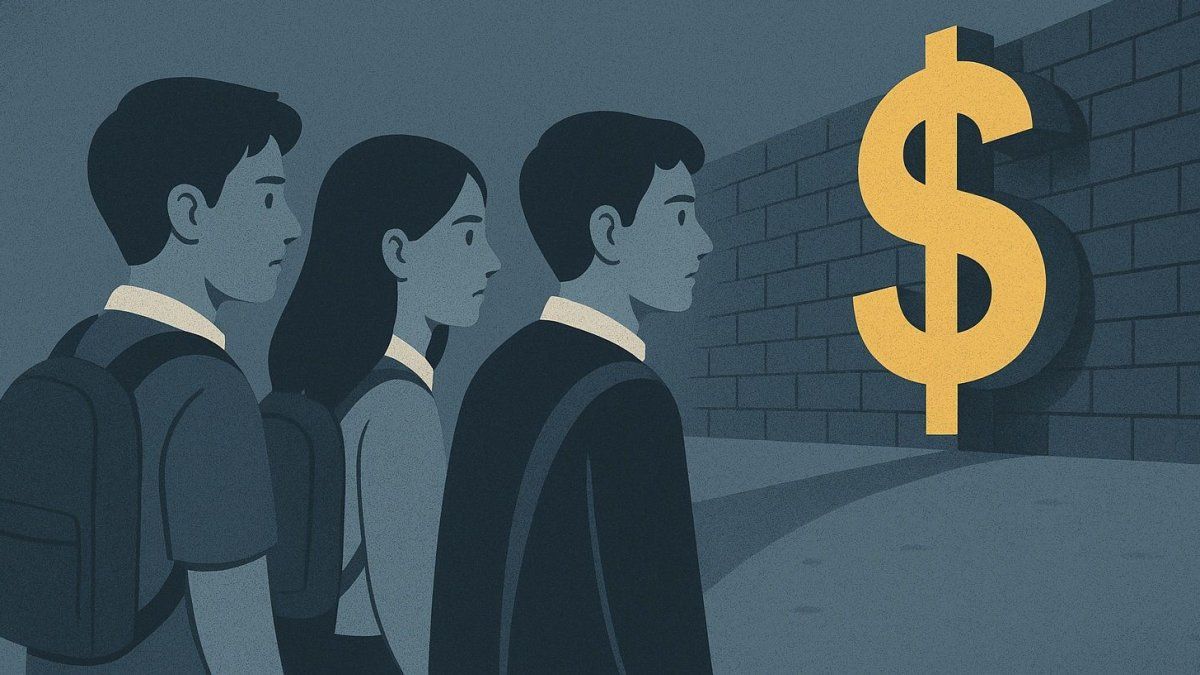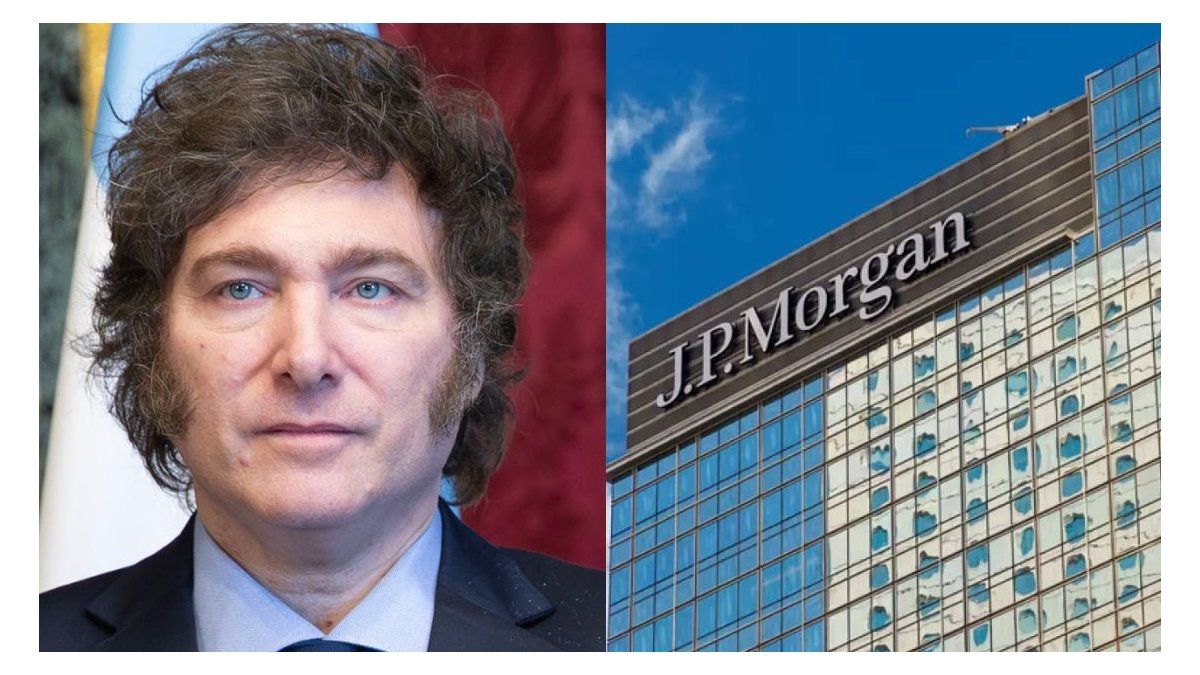“The week before the elections will most likely see more hedging, with a record gap, bonds that adjust for inflation and the official dollar more and more in demand, while their dollar peers are falling.“, he estimated Roberto Geretto, an economist at Fundcorp. He added that “the monetization of the deficit does not help either, where the central bank financed the Treasury for 335,000 million pesos in October, being more than 10% of the monetary base.”
“Investors are waiting to know the results of the elections, and about all the political reactions that trigger,” he said. Gustavo Ber, economist at Estudio Ber. He added that “this is because in order to reach an agreement with the IMF, and move forward with the correction of economic imbalances, it is essential to generate an area of political consensus to support said implementation, and it is not yet clear whether the main political forces will be able to achieve it in order to avoid further damage and a possible crisis. “
“With a gap of more than 100% between the official and parallel exchange rates, experience shows that growth cannot be achieved and, which is key for negotiations with the IMF, is that reserves cannot be accumulated. BCRA reserves will continue to fall and they will be located at the end of the year close to 3,000 million dollars. A very critical level, “said the economist Rodrigo Alvarez.
“If the government bets to postpone the agreement with the IMF beyond March, it would leave the BCRA in a situation with very few net reserves and exchange pressure even greater than the current ones in the official market,” said the consultant. Delphos Investment. He added that “for it our main scenario points to the closing of the deal between January and February 2022. However, in this scenario, the BCRA could have a drain of around 4,300 million dollars until March 2022, which will necessarily imply an acceleration of the rate of devaluation “.
“Given the political nervousness, the hit local stocks and bonds generally exhibit striking fluctuations in their prices, in favor and against according to the days,” said VatNet Research, adding that “the bonds seem to discount in their prices the possibility of events of default going forward and the shares have fallen to a quarter of what they were worth in 2018. “
“The expectations of a possible jump in the exchange rate accelerated, with financial dollars several days ago above 200 pesos. There are many background noises: a growing monetary issue and a level of interest rates that affects a lot”, he pointed Matías Roig of Personal Investments Portfolio. “After the elections, the market will look at the results of the elections and the government’s plans regarding the agreement with the IMF,” he added.
“The Argentine State shows a tendency to spend more and more on transfers and less on public goods, with heterogeneous regional allocation “, said Fundación Mediterránea in a report
Source From: Ambito
David William is a talented author who has made a name for himself in the world of writing. He is a professional author who writes on a wide range of topics, from general interest to opinion news. David is currently working as a writer at 24 hours worlds where he brings his unique perspective and in-depth research to his articles, making them both informative and engaging.




